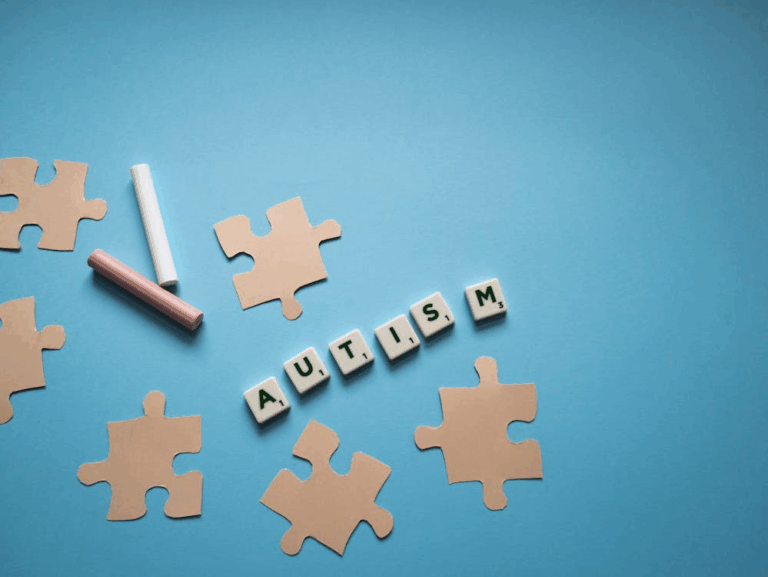Experts Pinpoint Biological Cause Of Autism, Paving Way For Targeted Drug Therapies
New Genetic Insight into Autism Could Lead to Targeted Treatments
Researchers at Kobe University in Japan have discovered that many genetic mutations linked to autism disrupt the brain’s internal cleanup system. This system is responsible for removing waste and damaged proteins from neurons. When it fails, waste builds up, impairing the cells’ ability to send and receive signals—potentially contributing to common autism traits like difficulties in language, learning, and social interaction.
The study, published in Cell Genomics, used CRISPR gene-editing to create 63 mouse cell lines, each carrying a high-risk autism mutation. These lab-grown models allowed scientists to simulate “autism in a dish” and observe how specific gene changes affect brain development and function.
A key finding was that many of these mutations interfere with protein quality control in neurons, which is vital for proper brain signaling. The same genetic variants are also linked to other conditions, including schizophrenia and bipolar disorder, meaning the research may have wider medical applications.
Though therapies are still in development, this marks a shift from simply identifying autism-related genes to understanding the biological processes they disrupt—opening the door to future personalized treatments based on a person’s genetic profile.
The research comes amid rising autism diagnoses and growing awareness that autism may be influenced by both genetic and environmental factors, such as chemical exposure during pregnancy.





